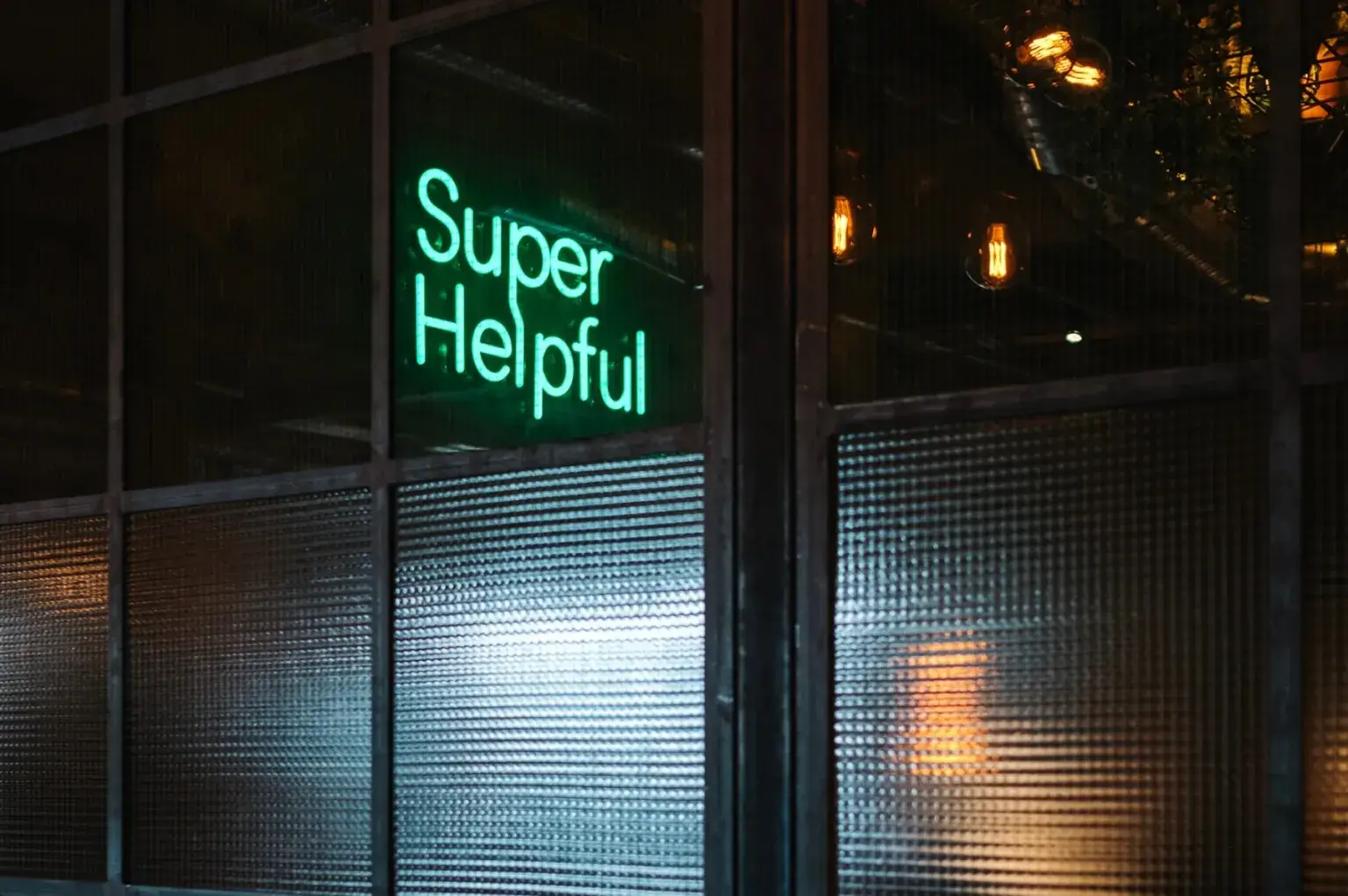A “toxic premise” is an unstated assumption that defines and undermines professional relationships, meetings, or projects. It almost always remains tacit, even unsayable, but people can learn to hear it emerge from all the things that remain unsaid. And it’s not about blaming or judging others. Everyone risks operating on the basis of toxic premises when we don’t dispel them—in fact, assume you could just as easily be operating with them as anyone else.
Just a few examples of toxic premises:
- People are expected to be available 24/7.
- My needs always take priority.
- My whims and preferences matter more than people’s expertise.
- It’s only a win if I get my way.
- Kindness doesn’t matter.
- I expect you to do what I say regardless.
The risk is that toxic premises lie in wait. No one says them aloud or even accepts that they hold sway. Then, when difficulties arise, they can tilt the trajectory from resolution and repair to conflict and animus.
So what’s the solution? It’s hard to name toxic premises aloud without triggering defensive resistance and resentment. It’s easier when people operate with mutual candor. But the best approach is to clarify norms and set expectations upfront. Don’t let toxic premises secretly worm their way into the implied charter of a developing dynamic between people or on teams. Learn to spot them early and gently reset expectations in the way you communicate and behave so that they don’t linger or escalate. Above all, be conscious of them—they often lie at the root of what seems broken or dysfunctional.




